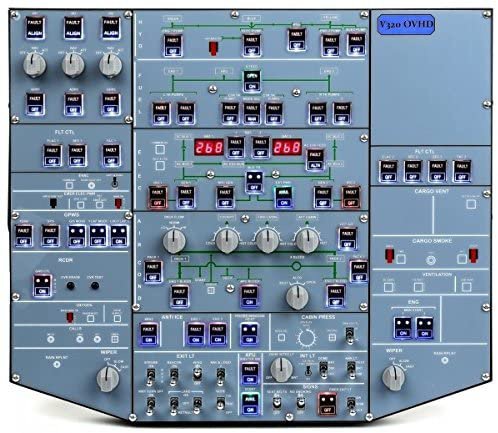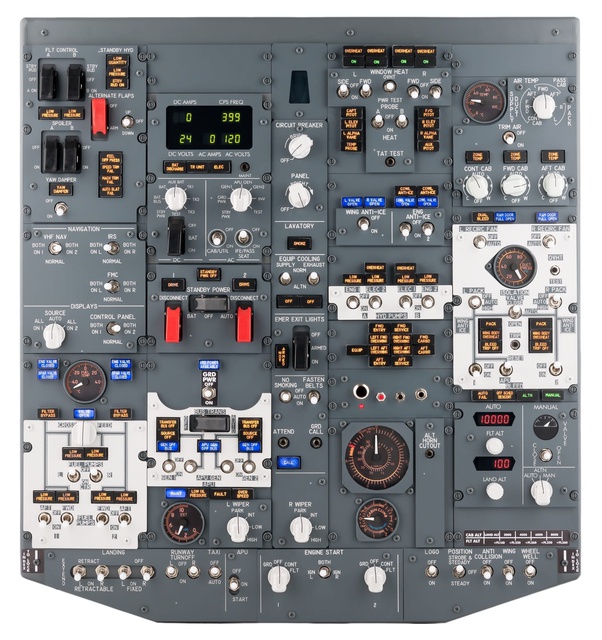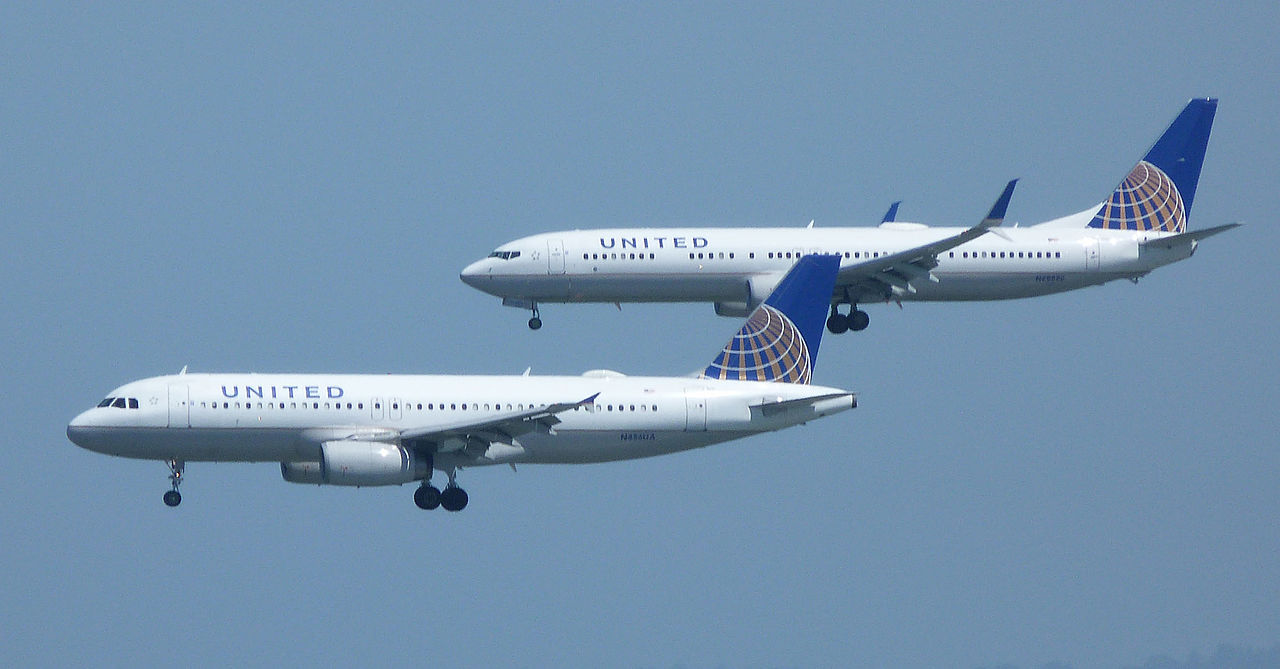Boeing Vs Airbus
In the vast expanse of commercial aviation, two giants dominate the sky—Boeing and Airbus. These aerospace juggernauts are synonymous with modern air travel, producing a significant portion of the world’s commercial aircraft. According to Bristol Groundschool, yet, for the casual traveller or aviation enthusiast, the differences between a Boeing and an Airbus aircraft may not be immediately apparent.
One of the fundamental differences between Boeing and Airbus lies in their design philosophies. Boeing tends to favour a more traditional approach, often allowing pilots greater manual control. On the other hand, Airbus is renowned for its emphasis on fly-by-wire technology, incorporating more automation into the flying process.
According to Flight Deck Friend, the best way to describe the fundamental differences of Boeing and Airbus is to compare it’s two short haul airliners, the A320 and Boeing 737 because they are the most widely used short haul aircraft by airlines around the world by some margin.
How do they compare to each other?
Boeing 737 Vs Airbus A320
‘It’s a heated debate usually between two people who have not flown both,’ says Randy Duncan, Boeing 737 pilot, on Quora.
‘The Airbus people say their system lowers pilot workload and improves their situational awareness because it allows them to focus on the conduct of the flight at a higher level rather than worrying about flight dynamics.
‘The Boeing people say they don’t want some “damn computer” flying the airplane and that they have full control of the airplane and can roll it upside down if they needed to.
‘A320 overhead panel. I don’t know how it works but it looks well designed.

‘A 737 overhead panel. I do know how this one works but the layout is complex and can get confusing.’

Duncan continues;
‘I fly a 737 which has no stability augmentation except in the yaw axis. I hear a lot of Boeing pilots complaining about Fly By Wire. The ones with the strongest opinions have never flown an Airbus.
‘Boeing does have Fly by Wire in their widebody aircraft. The design philosophy is slightly different but there’s still a microprocessor that makes dynamic decisions about control deflection.
Different philosophies
‘Personally, I like my little 737 and I enjoy flying it. I would love to fly an Airbus but not enough to go through a training cycle to do it. When I’ve ridden in the jumpseat of an Airbus, I’m pretty much lost. I wouldn’t know how to start the engines and the procedures are foreign to me.
‘The Airbus cockpit looks spacious and well designed compared to the cramped quarters in a 737. I particularly like the Airbus jumpseat. The 737 jumpseat is an ironing board type of thing that folds out of the wall and the legroom makes a coach seat seem like luxury. It would be an engineering challenge to make it less comfortable. The 737 layout is very old and although it has had a lot of avionics, engine and wing updates, it still feels dated. That said, the 737 is very, very reliable. It’s very rare that we can’t dispatch the airplane. That wasn’t true of the older models.’
Duncan concludes;
‘I don’t really know which airplane is superior. Both companies are great at designing and building airplanes. The philosophy may be different in terms of controls and layout but both deliver a safe and reliable product.’

Photo by Bill Larkins via Wikipedia

